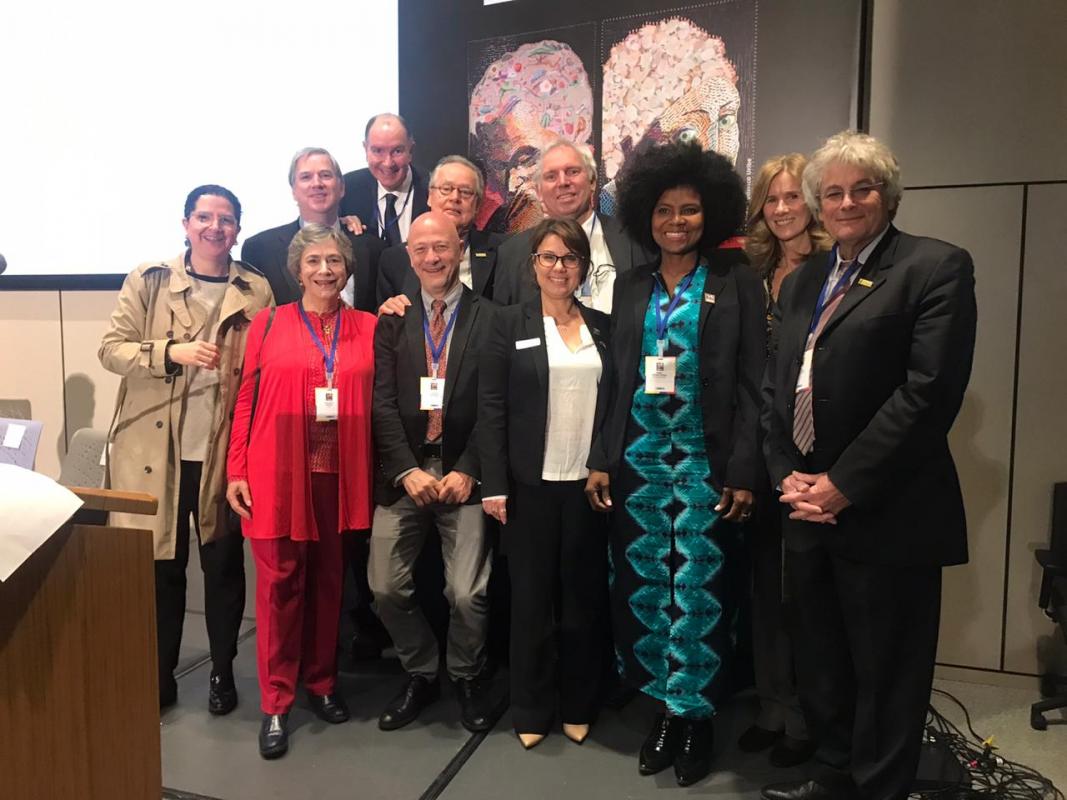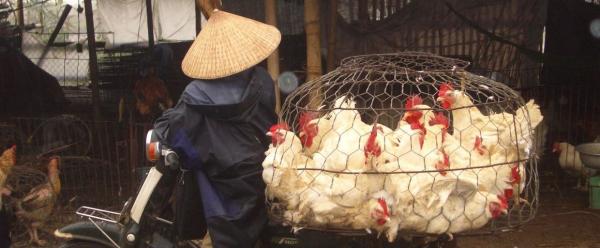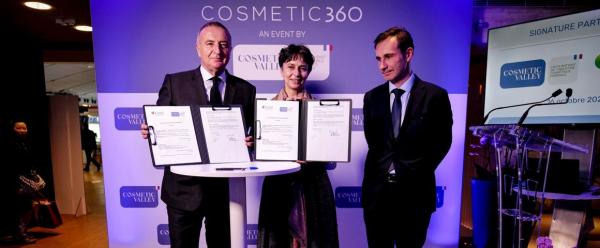Institutional news 21 January 2026
- Home
- Press area
- Press releases
- CIRAD expertise for sustainable, equitable future for Colombia
Recommendations from 46 experts, to ensure a sustainable, equitable future for Colombia

Members of the «Biotechnology, Bioeconomy and the Environment» Commission of the "Mission of Wise Men", which included CIRAD President Managing Director Michel Eddi and CIRAD's Guy Henry © CIRAD
At the request of the Colombian authorities, a "Mission of Wise Men", comprising eight commissions, set to work in February 2019. CIRAD President Managing Director Michel Eddi, supported by CIRAD's Guy Henry, was a member of the "Biotechnology, Bioeconomy and the Environment" Commission (BBME).
The mission handed the President of the Republic of Colombia, Iván Duque, a 300-page outlook report on science, technology, innovation and education . The experts suggested the country undertake targeted research to enable science to address the main issues Colombia will face in future. The suggested strategy consists in identifying the crucial issues for the country and the necessary ambitious actions to tackle them, plus the resources required for their implementation. Moisés Wasserman, former Chancellor of the country's National University, quoted as an example President Kennedy's determination to put a man on the moon before the end of the 1960s, which everyone thought at the time was a pipe dream.
The "Bioeconomy" Commission recommended that the country tackle three challenges:
- establish a sustainable economic model for Colombia, based on natural and cultural diversity and on creativity,
- build a sustainable, productive Colombia ,
- commit to ensuring an equitable Colombia.
Banking on a knowledge-based economy and the bioeconomy
The report recommends that Colombia bank on a knowledge-based economy and scientific research. In particular, this means boosting knowledge of the country's natural resources , particularly water and biodiversity, so as to manage them sustainably and respond to climate change. According to the experts, knowledge should be the country's "growth stock". According to Silvia Restrepo, Vice President for Research at the University of Los Andes, who coordinated the "Bioeconomy" Commission, Colombia could stop depending on extractive industry and bet instead on the bioeconomy. She believes Colombia could have green industry and take advantage of renewable energies and sustainable agriculture. The President of the Republic has taken these recommendations on board, and hopes to build "a Bio-Colombia " that will be the leading scientific power in Latin America in ten years' time.
Building a long-term link between research and development
According to the reports' authors, linking research and sustainable economic development is a long-term undertaking that calls for patience. They explain that according to certain hypotheses, a 20% increase in investment in research would boost the country's GDP by 1.12%, five years on. They also point out that the efforts required mean contractualizing funding, reorienting budgets, and drafting legislation to reform the Constitution to ensure that the country's regions allocate 25% of tax revenues to education and to building regional innovation centres.
Boosting the country's creativity and innovation, along with education and teaching
The mission recommends establishing creativity clusters, with laboratories housing various types of players, from educational establishments, through firms in the production sector, to the public. It suggests that at least two such clusters be built in each of the country's departments by 2030.
The report also insists on the importance of health (mental health, prevention and access to medicines), education right from early childhood (from 0 to 5 years, by which time 90% of the neural connections in the human brain are established), teaching (and the role of teachers), and training. It suggests education programmes combining university teaching with technical and arts training.
Creation of a Ministry of Science, Research and Technology in Colombia
Lastly, the members of the mission have promised to continue their work beyond the report's handover, to help the authorities implement its recommendations.
President Duque described the mission's work as a dream come true and a collective work produced over 300 days, for future generations. Following his speech, in front of the members of the Mission and government representatives, he signed the decree formalizing the creation of a Ministry of Science, Research and Technology, which will be the instrument for implementing the recommendations made by the "Mission of Wise Men".



























